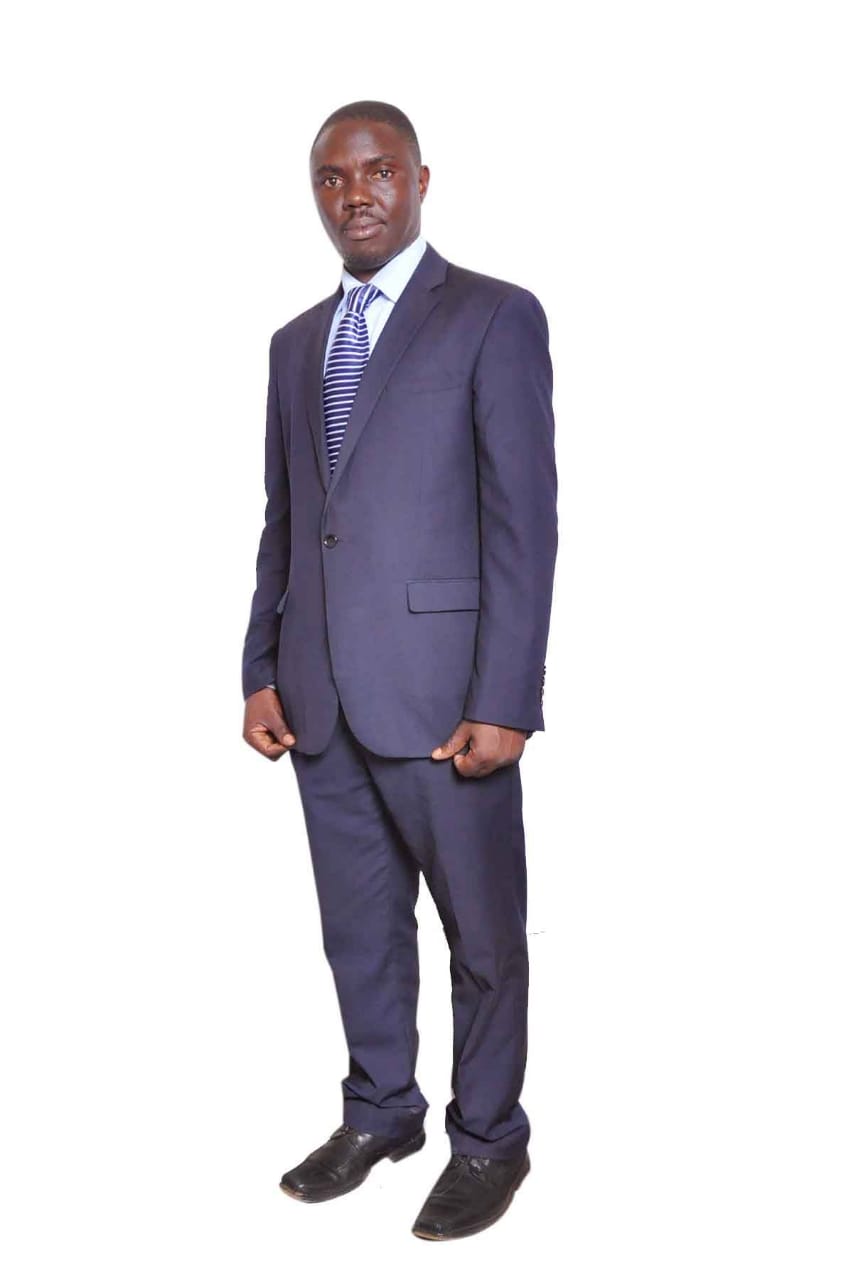By: Monday Akol Amazima
The growth of Kiswahili as the Pan African language for wider communication for the African people is spreading like bush fire so much that in Uganda every sector seems to be either silently or openly promoting the language.
The impression that whoever speaks Kiswahili on the streets of Kampala is either a soldier or a foreigner (mainly Kenyan, Tanzanian and or Congolese) is slowly dying out. Uganda having trained a good number of Kiswahili teachers at primary and secondary school level, the language was being looked at something that can be found in the school setting.
However, recent developments that have been code named Kiswahili for all Ugandans being spear headed by Mama Rebecca Kadaga have set the ball rolling for every sector to embrace the language. Through her Ministry of East African Affairs, she seeks to roll out Kiswahili learning centres for the public in all parts of the country. When the NRM Secretary General Richard Todwong launched the Kiswahili language clinic at the NRM Secretariat, a section of cadres thought it was a waste of time. But when over 300 cadres graduated at Kololo Airstrip in basic Kiswahili with the president as the guest of honour, this opened the eyes of many. Political parties can also play a role in mobilising wananchi in embracing a language that has a potential of uniting people.
President Museveni is on record for compelling cabinet ministers to express themselves in Kiswahili and this gives the language the most needed political will. It is this political will that was used by Mzee Jomo Kenyatta in Kenya and Mwalimu Julius Nyerere in Tanzania that made the countries have the language grow and easily spoken by everyone in those countries. Today we envy Kenya and Tanzania for having a national language that makes it easy for people of different classes and communities to communicate
That said, Ugandan National Cultural Centre is opening a new chapter in the promotion of Kiswahili n Uganda. According to the Executive Director of UNCC Francis Peter Ojede, they have embarked on a program of including Kiswahili in the activities of performing arts and theatre in Uganda. The program has seen artists learn Kiswahili at national theatre on weekly basis and having university students offering Kiswahili skilled in performing arts. This move is aimed at skilling Ugandans to tap into the growing audience and market of Kiswahili movies, comedies and music world over. Our film industry has limited audience mainly for over using the local languages and this limits the growth of the sector beyond the boarders.
This implies that sooner than later if UNCC is supported, we shall have Ugandan made Kiswahili movies competing with Bongo movies. We shall soon see co-acted films and therefore having Uganda Kiswahili movies on African Magic and other known international entertainment channels.
In skilling Kiswahili teachers and university students in performing arts, UNCC has meet a section of teachers in the Rwenzori region, some students of Bishop STUART University in Mbarara, Mountains of the Moon in Fort Portal and those of Makerere University. This skilling program culminated into the production of a Kiswahili play Sukali chungu at national theatre during the 2024 edition of the national cultural festival.
Matsiko Mark and Musitwa James that are in charge of the program argue that soon the Kiswahili promotion program at national theatre will lead to Kiswahili set books like plays and novels being acted and performed at the national theatre so that just like students offering Literature in English, Kiswahili students from A level and above can be able to witness /watch the set books performed for easy learning.
With Kiswahili being embraced in most domains and communities of Uganda, the road to national unity is certain. In future, public speakers especially national politicians will not need a translator while addressing rural communities.
The author is a journalist, teacher, cultural activist and Pan African


